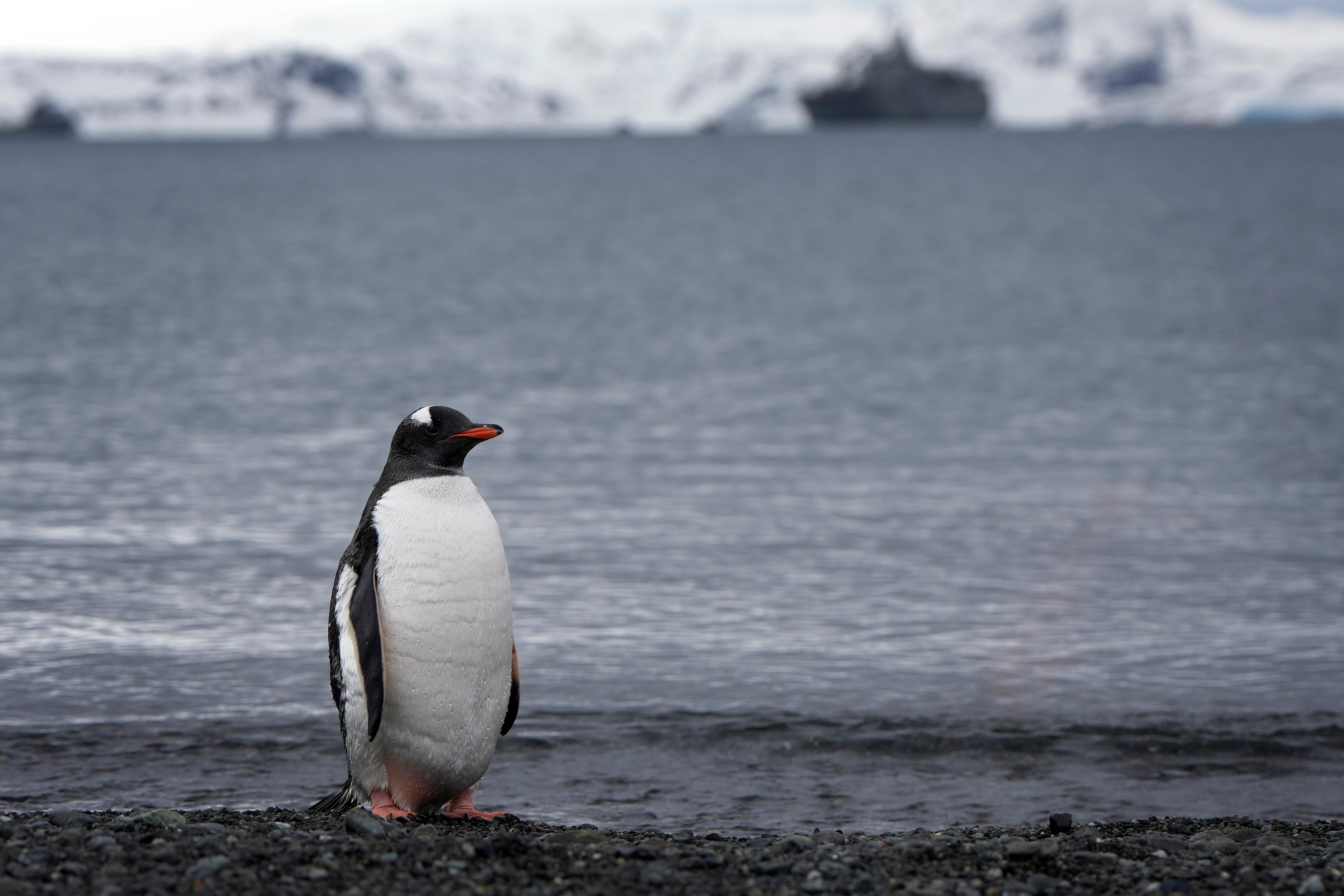Bird flu virus found in king penguins as scientists fear global spread
H5N1 is most likely to have been introduced in the region through birds migrating from South America

The Bird flu virus has been found in king penguins near Antarctica.
The UK’s Animal and Plant Health Agency (Apha) has tested for the H5N1 virus on the island of South Georgia since several brown skuas were found dead there in October.
Earlier this year experts found the virus in elephant and fur seals, and it spread to Antarctic terns and wandering albatrosses.
It has now been discovered in five king penguins on the southern coast of South Georgia and five gentoo penguins from nearby Bird Island.
The cases were confirmed in samples sent back to the UK to the International Reference Laboratory for Avian Influenza at the Apha laboratories in Weybridge, Surrey.
Scientists say while cases are localised, there are concerns the virus could spread in winter, when penguins huddle together to breed.
H5N1 is most likely to have been introduced in the region through birds migrating from South America, it is believed.
While the risk to human health remains very low, the virus endangers the delicate and unique ecosystems of the Antarctic, experts say.
Professor Ash Banyard, of Apha, said: “South Georgia is home to some of our most unique and special wildlife and is of great importance to international biodiversity, so it is sad to witness the effects of avian influenza on these populations.
“However, these cases remain fairly isolated, and we are not seeing a rapid spread through penguin colonies.”
Bird flu has previously been found in seals around Europe and the Americas as well as in mink in northern Spain and foxes and otters in England.
Positive samples have been found as far north as the Arctic, in Alaskan polar bears.
Join our commenting forum
Join thought-provoking conversations, follow other Independent readers and see their replies
Comments
Bookmark popover
Removed from bookmarks